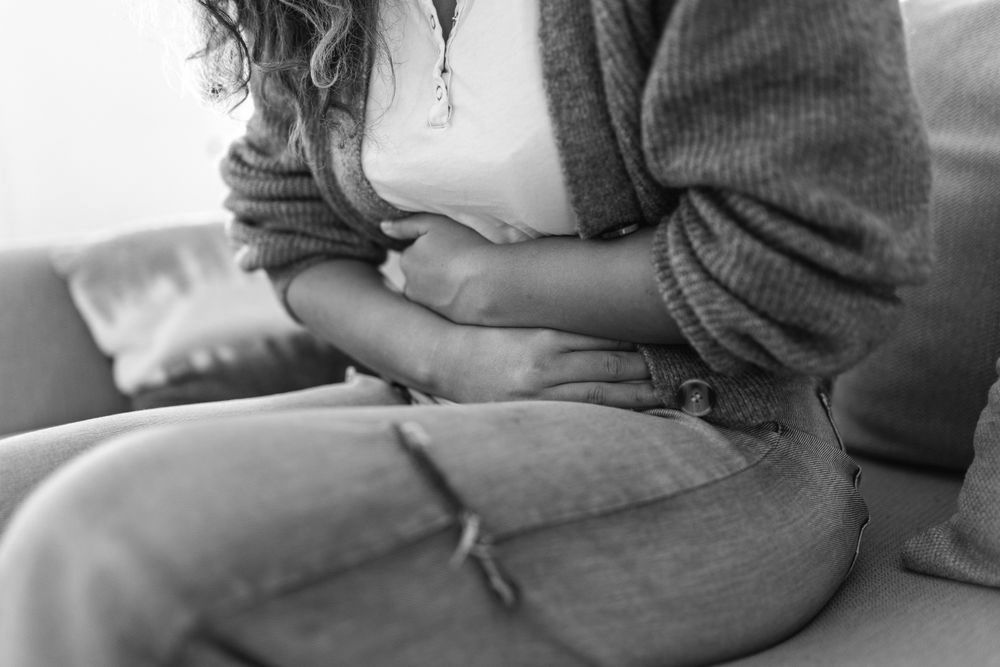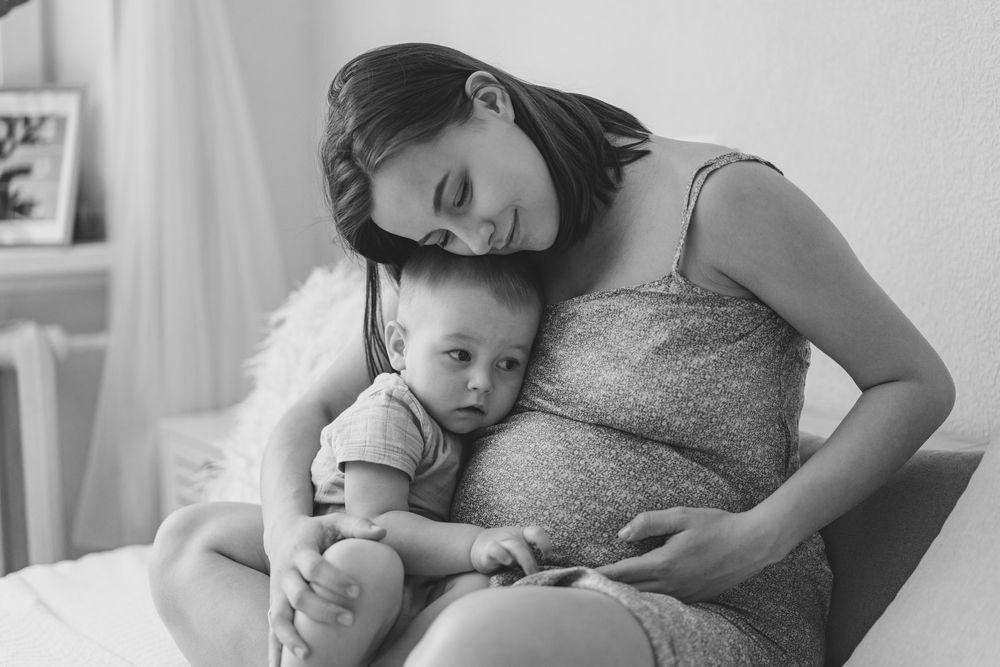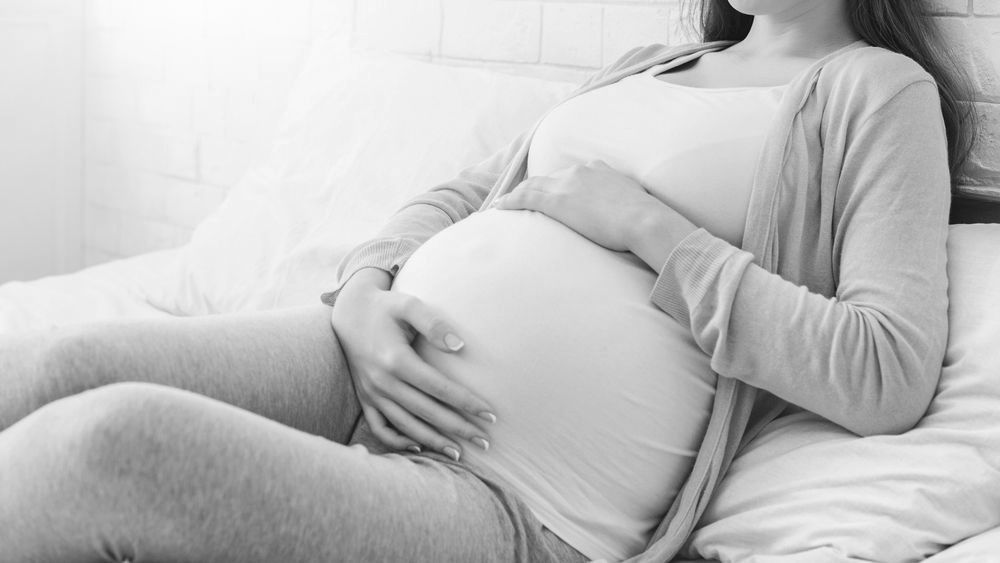
Having an abortion may have turned out to be more challenging than you expected it to be, and self-care is critically important afterward.
If you are recovering from a medical or surgical abortion, you are not alone. Research reveals that in the United States, 24% of women aged 15 to 44 years will have an abortion by age 45.
What can you do to improve your healing process after an abortion? Read on to learn more about how to care for yourself physically and emotionally while you are recovering from an abortion.
How to Take Care of Yourself After an Abortion
Whether you had a medical or surgical abortion, self-care is essential so you can recover and thrive. Self-care during this time includes resting, drinking plenty of fluids, eating healthy foods, and incorporating anything healthy and comforting to you.
If you were prescribed antibiotics, take all the pills until they are gone to prevent infection. And take antinausea and pain medication as directed.
Remember that you can get pregnant very quickly after an abortion, so take precautions to prevent another unexpected pregnancy.
You are valuable and deserve to care for yourself physically and emotionally.
1. How to Care for Yourself Physically After Abortion
After an abortion, you need to know which physical side effects are expected and which symptoms indicate a complication requiring immediate medical attention. First, we will discuss common side effects after abortion and how to take care of yourself if you experience them.
- Bleeding
Some women have minimal bleeding after a surgical abortion because surgical instruments are used on the uterine lining. But on average, post-abortion bleeding lasts 14 days and can last as long as six weeks. Passing small blood clots is normal, and you may notice that bleeding increases if you are more active.
Try to physically get as much rest as you can for the first day or two after an abortion. Also, avoid heavy lifting or strenuous exercise for about one week.
Use pads for the bleeding since most healthcare professionals recommend not putting anything into your vagina for two weeks, including tampons. This is to prevent infection while waiting for your cervix to close after having an abortion.
- Cramping
Your uterus needs to return to its pre-pregnancy size, so uncomfortable cramping is normal after an abortion.
For cramping relief, you can take Ibuprofen or Tylenol as directed. Do not take aspirin because it can increase bleeding. A heating pad on your abdomen can also relieve cramping pain.
Uterine massage is another effective way to alleviate cramping. To do uterine massage, press the palm of your hand into your abdomen and rub in a circular motion.
Post-abortion cramping can come and go for about 7 to 10 days. As with post-abortion bleeding, cramps may increase with activity so listen to your body and pace yourself.
- Nausea/Vomiting
Nausea and vomiting for the first 24 hours after abortion is common and may also be accompanied by diarrhea.
To help with these symptoms, you can eat small, bland, starchy meals such as dry toast or crackers. It may also help to have beverages on hand with extra electrolytes.
The following symptoms are NOT normal after an abortion. If you experience them, seek out medical care immediately.
- Heavy bleeding: soaking two or more maxi pads an hour for two hours or passing clots larger than a golf ball for two hours or more
- Severe abdominal or back pain: pain not relieved with pain medication
- Fever over 100.4°: may indicate a serious infection that has spread to your bloodstream or pelvic inflammatory disease (PID)
- Odorous vaginal discharge: a sign of infection
- Nausea and vomiting for more than 24 hours after the abortion:
- You still have pregnancy symptoms two weeks after the abortion: could indicate a failed abortion if you are still experiencing signs of pregnancy two weeks after your abortion.
2. How to Care for Yourself Emotionally After Abortion
There is not a correct way to feel after an abortion. Feelings of relief, sadness, or a combination of many conflicting emotions are normal. You have not only just made one of the most difficult decisions you have ever faced, but your body is experiencing physical symptoms as your hormone levels shift suddenly, which can cause you to feel extra emotional.
Research indicates that abortion is associated with mental health conditions such as depression, anxiety, and sleep disorders compared to women without a history of abortion. If you notice that you are having difficulty coping after an abortion, help is available for you. If a supportive family member or friend is not available, there are other resources to get the help you need.
Push yourself to reach out for help – even if you may not feel like seeking support at the moment. The sooner you can address post-abortion emotional difficulties, the quicker you can get on your path to recovery.
You can reach confidential hotlines for mental health support at SAMHSA’s National Helpline, 1-800-662-HELP (4357), or via text message: 435748 (HELP4U). It is a confidential, free, 24-hour-a-day, 365-day-a-year information service in English and Spanish.
If you have thoughts of harming yourself, take it seriously and call the National Suicide Prevention Lifeline at 1-800-273-8255. What you are feeling is temporary, and with compassionate support and over time things will improve!
Need Support After Abortion?
If you think you might be unexpectedly pregnant or need support after abortion, Willow Womens Center is here for you. From the moment you walk into our center, you will recognize an atmosphere of care that will never include judgment for any decision you make – or have already made. Instead, our role is to compassionately come alongside you and provide you with the answers you need so you can take informed next steps for yourself.
You will never be charged for any services we offer at Willow Womens Center. Pregnancy testing, education, ultrasounds, and STI testing are all at no cost to you and designed to empower you.
Get the caring support you deserve and make your confidential appointment today.
© 2024 All Rights Reserved | Willow Womens Center | Website imagined and executed by RivalMind












